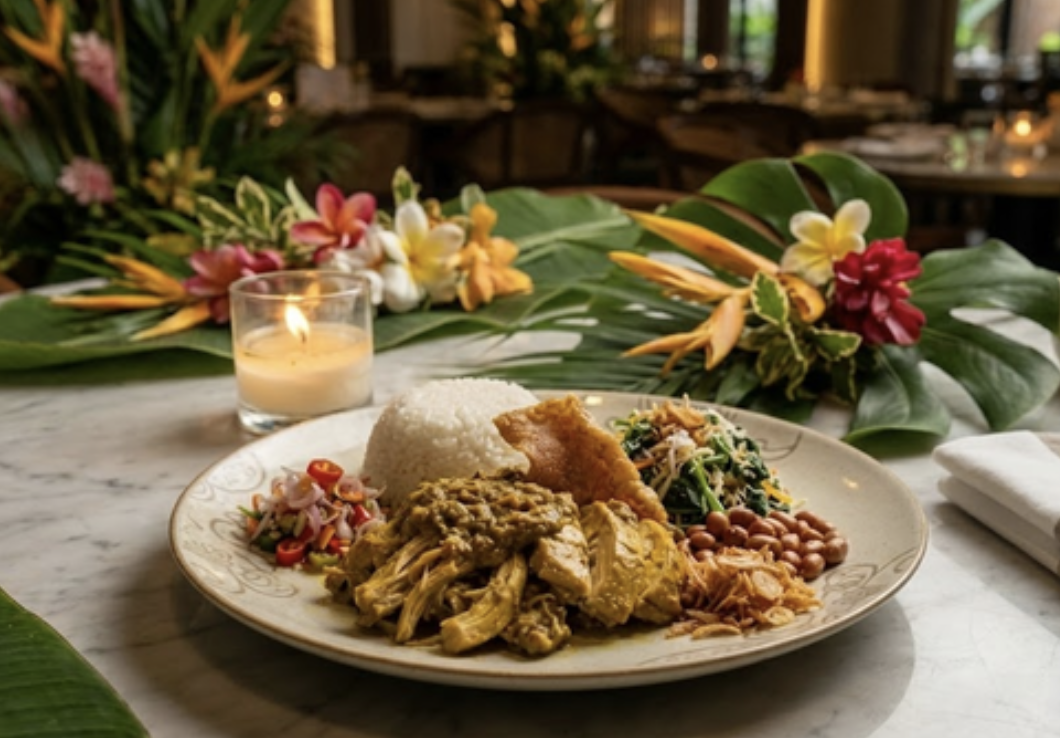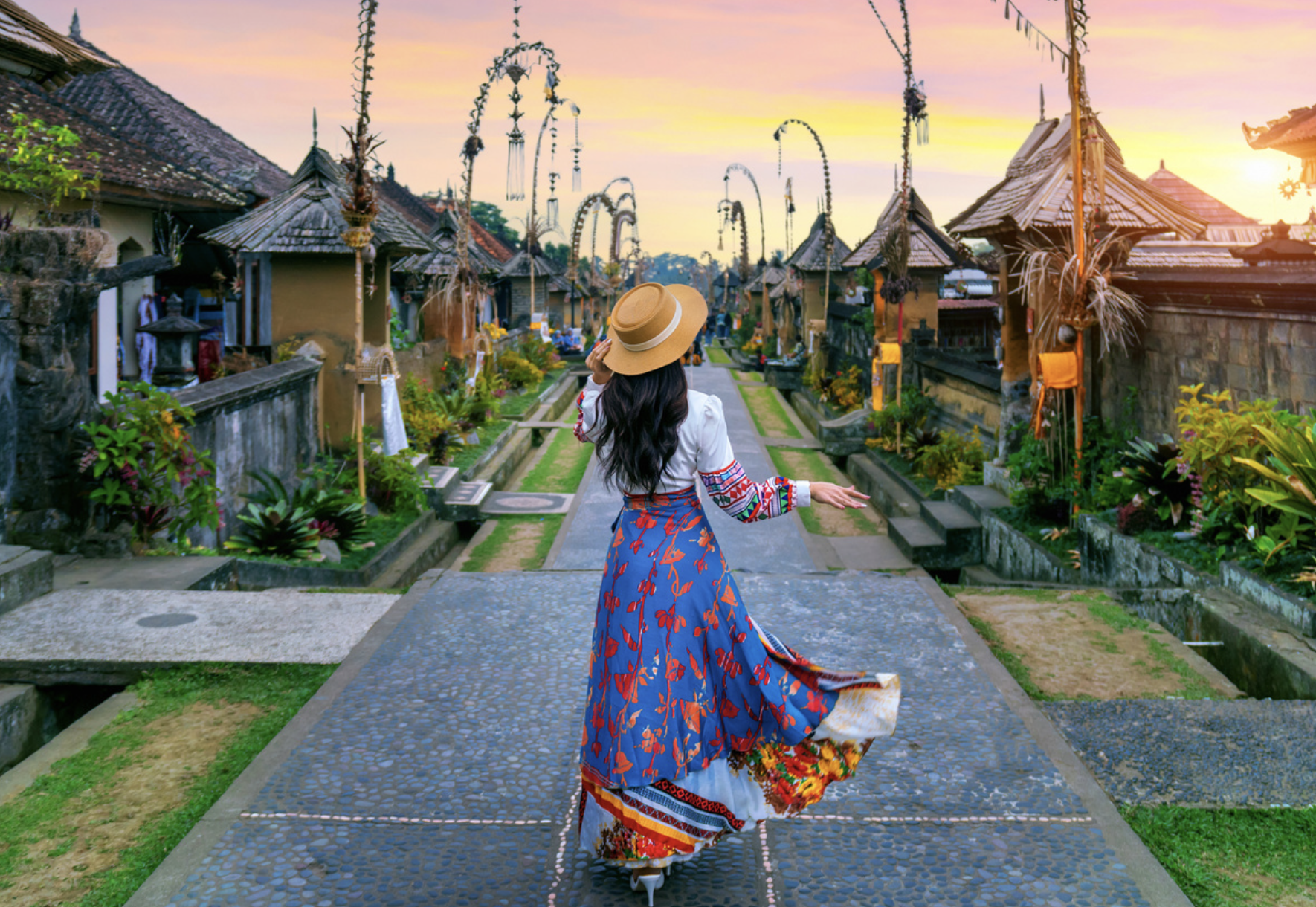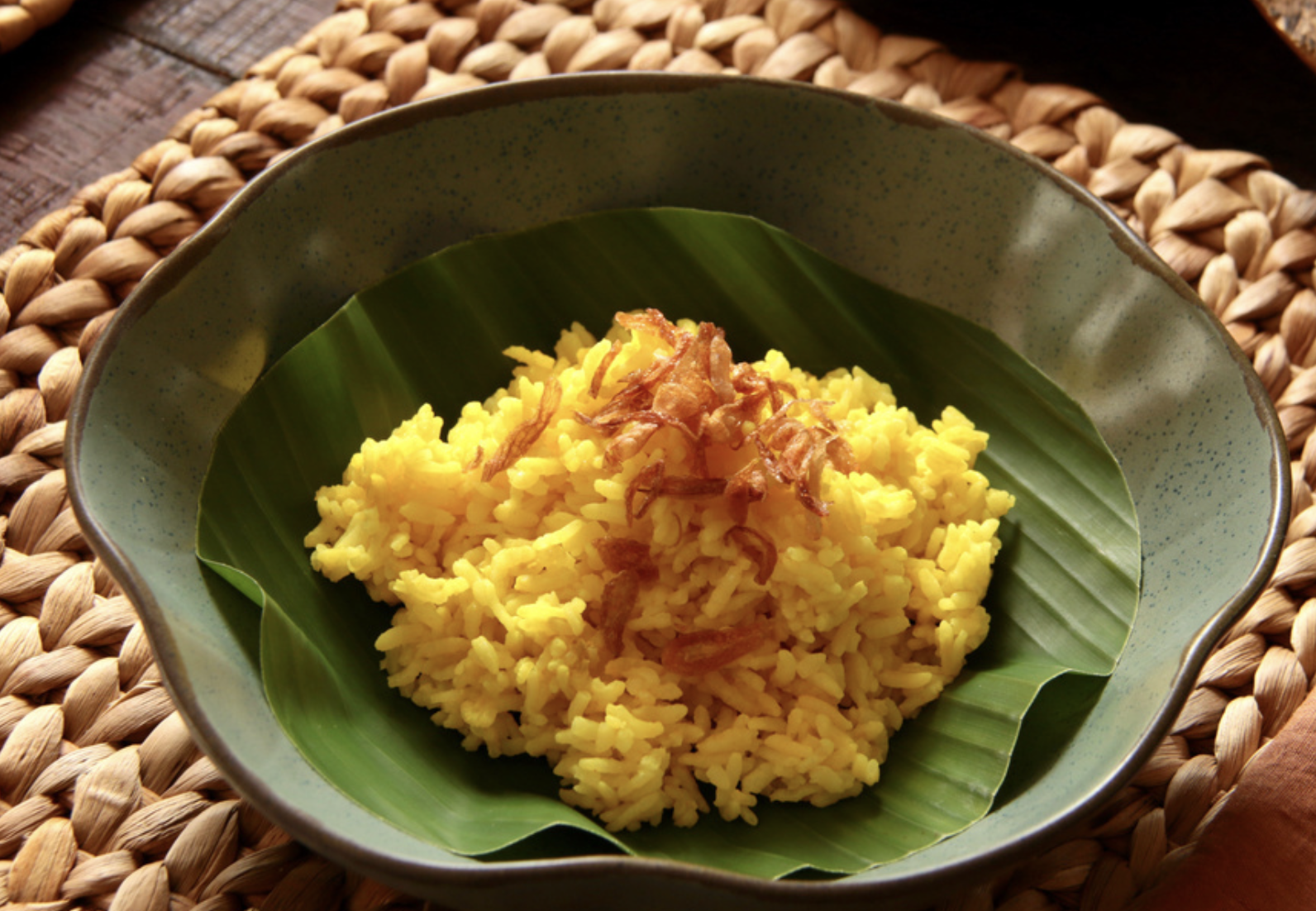Nestled within the lush jungles of Kalimantan, the island’s largest region in Indonesia, lies a treasure trove of cultural heritage—the captivating world of the Dayak people. For curious and adventurous travelers seeking an authentic and immersive experience, exploring the Dayak culture unveils a tapestry of traditions, rituals, and customs that have endured for centuries.
Ancient Traditions and Way of Life
The Dayak people, made up of various indigenous groups, have inhabited the dense rainforests of Borneo for generations. Their vibrant culture is steeped in ancient customs, beliefs, and a deep connection to nature. As visitors delve into Dayak villages, such as those in the regions of Central Kalimantan, they’re welcomed by warm hospitality and a unique lifestyle that revolves around community, spirituality, and harmony with the natural world.
Architecture and Longhouses
One of the distinctive features of Dayak villages is the traditional longhouses—communal dwellings that showcase remarkable architecture and intricate carvings. These longhouses, made from natural materials, serve as communal spaces for multiple families, reflecting the unity and close-knit relationships within the community. Exploring these structures gives tourists a glimpse into the craftsmanship and cultural significance embedded in Dayak architecture.
Rituals and Festivities
The Dayak culture is adorned with colorful rituals and festivities, each with its own significance and symbolism. Intriguing ceremonies such as the Gawai Dayak (Harvest Festival) and the Hudoq Festival celebrate the cycles of nature, the agricultural calendar, and spiritual beliefs. Visitors have the opportunity to witness mesmerizing traditional dances, elaborate costumes, and symbolic performances that narrate stories of the Dayak people’s heritage and connection to the land.
Art and Handicrafts
Artistry is a hallmark of Dayak culture, evident in their exquisite handicrafts and intricate artworks. Skilled artisans create stunning wood carvings, weaving, beadwork, and elaborate masks that depict spiritual entities and ancestral legends. Visitors can witness these artisans at work, learn about their techniques, and even acquire unique souvenirs as a testament to the artistic legacy of the Dayak people.
Connection with Nature and Indigenous Wisdom
Central to Dayak beliefs is a profound reverence for nature. The forests, rivers, and mountains are not just physical entities but are imbued with spiritual significance. Dayak elders, revered for their wisdom, possess traditional knowledge about medicinal plants, survival skills, and oral histories that have been passed down through generations. Engaging with the elders and learning about their folklore and healing practices offers tourists a deeper understanding of the intricate relationship between the Dayak people and their natural surroundings.
Preservation and Cultural Exchange
While the Dayak culture remains deeply rooted in tradition, it also embraces modernity. Communities actively participate in preserving their heritage while welcoming visitors to partake in cultural exchanges. Tourism initiatives focusing on responsible and respectful engagement offer travelers the chance to immerse themselves in the Dayak way of life, fostering mutual understanding and appreciation for this rich cultural heritage.
“ A journey into the heart of Kalimantan’s Dayak culture promises an unforgettable adventure filled with vibrant traditions, captivating rituals, and an appreciation for a way of life deeply connected to nature. For those seeking an authentic and enriching experience, exploring the enchanting world of the Dayak people unveils a treasure trove of cultural richness that is sure to leave a lasting impression. This year at BBTF 2024 you can learn more about this fantastic culture and explore deep on their tradition. Our theme this year is about Indonesia’s senses of beauty from nature to culture, people and their way of life.” I Putu Winastra, the leading committee of the BBTF 2024 and the Chairman of Association of The Indonesian Tours and Travel Agencies (ASITA) Bali chapter stated.






